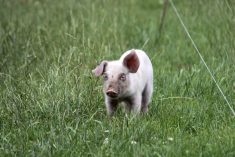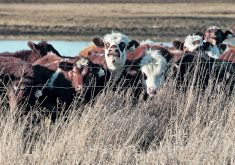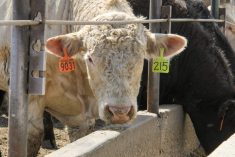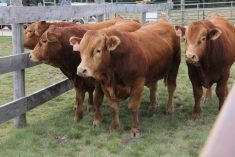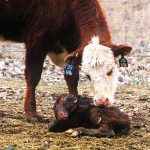Update, March 4, 2019: The third PED case to which this article refers was announced Monday to be a “false positive.” Click here for details.
Alberta, which until January was one of the remaining hog-producing provinces clear of porcine epidemic diarrhea (PED), is now up to four cases in three months.
The provincial agriculture department and hog producer agency Alberta Pork on Friday announced confirmation of the province’s third and fourth on-farm outbreaks of PED.
Read Also
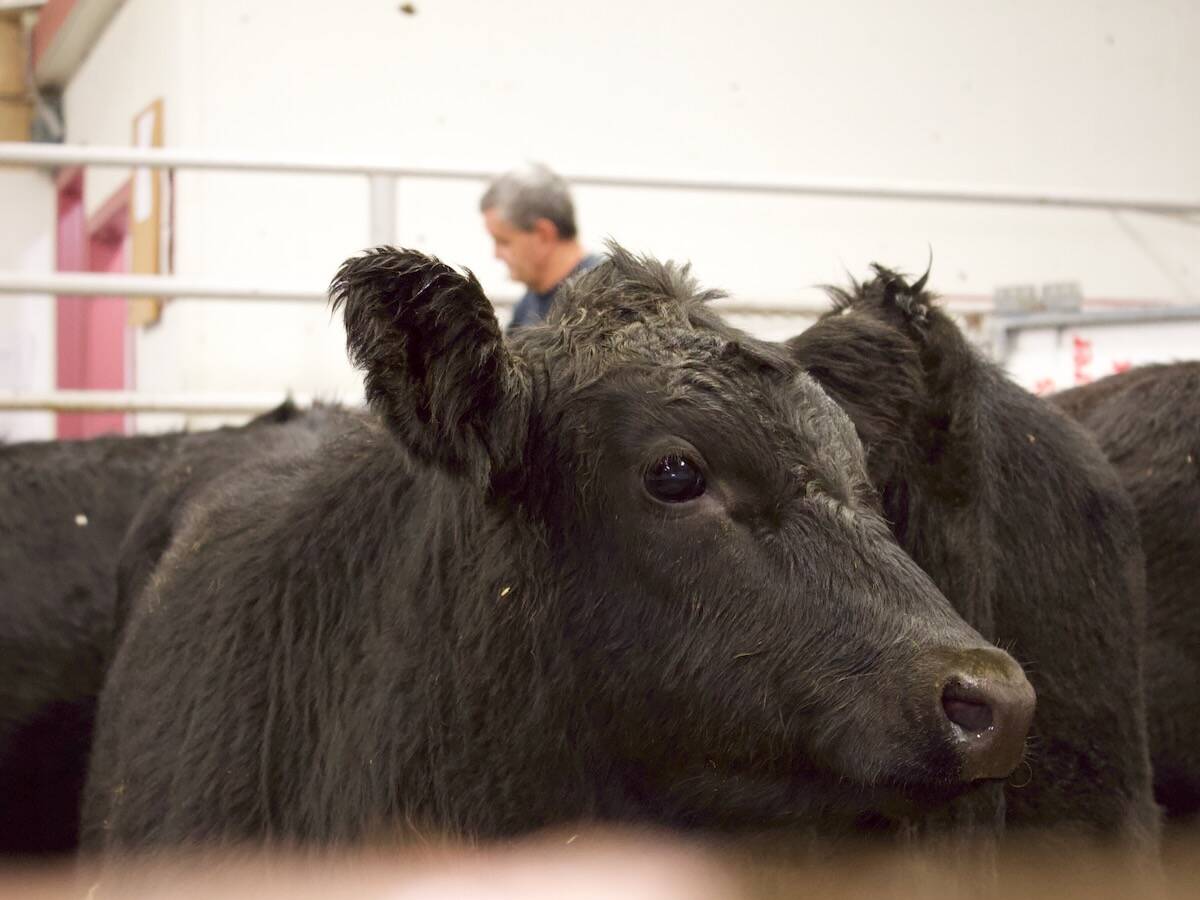
Cash incentive for CRSB Certified beef producers launched
The Canadian Roundtable for Sustainable Beef (CRSB) has launched an incentive payment for CRSB Certified producers.
Few details were made available Friday, other than that the farms in both cases have “stopped movement of all pigs” and put “full bio-containment” in place.
Neither the ag department nor Alberta Pork said Friday whether either of the new cases were geographically close to each other or to either of the sites of the first two outbreaks , which were confirmed in January and February respectively.
The province on Friday also advised all hog producers in Alberta to “increase their biosecurity at this time.”
Alberta Pork said Friday the province’s producers are encouraged to “submit all swine manifests, including farm-to-farm movements, in a timely manner.”
Any off-farm site such as an abattoir “should be considered as a potential source for bringing disease to your herd,” the agency reiterated Friday in a separate release, also urging producers to review their farms’ biosecurity policies regularly.
“Producers should also consult their herd veterinarians before making shipping decisions as a precaution if herd health issues are suspected.”
Provincial stakeholders have been monitoring the situation to try to find a source for the outbreaks, but no source has yet been found, Alberta Pork said.
PED remains a provincially reportable disease in Alberta; producers and veterinarians are thus required to notify the Office of the Chief Provincial Veterinarian (OCPV) of all suspected or confirmed cases.
The PED virus (PEDv) is a coronavirus which, once introduced in a herd, causes vomiting, watery diarrhea and dehydration in infected hogs. Mortality rates run up to 100 per cent in infected nursing-age piglets but are much lower in growing hogs, which generally present with milder diarrhea. There is no known human health risk or food safety risk associated with PED.
PED made its first on-farm Canadian appearance in Ontario in January 2014. Since then, Ontario has confirmed outbreaks at 124 hog operations; its three most recent cases were confirmed Feb. 20 in Huron and Perth counties.
Manitoba has confirmed 107 such cases from 2014 up to the end of 2018, nearly all in that province’s southeast.
Quebec has reported 16 outbreaks since 2014, most recently in the Centre-du-Quebec region in April 2015 but mainly in the Monteregie. Prince Edward Island reported one outbreak in 2015. Saskatchewan has turned up environmental samples of PEDv, but no cases in hogs to date. — Glacier FarmMedia Network






